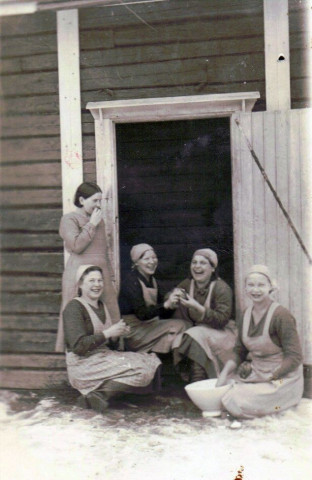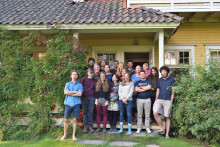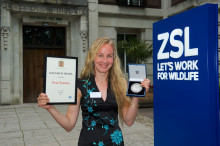
Female-biased sex ratios in urban centers create a “fertility trap” in post-war Finland
Jenni E Pettay, Virpi Lummaa, Robert Lynch & John Loehr (2021): Behavioral Ecology
DOI: 10.1093/beheco/arab007
Abstract
Because sex ratios are a key factor regulating mating success and subsequent fitness both across and within species, there is widespread interest in how population-wide sex ratio imbalances affect marriage markets and the formation of families in human societies. Although most modern cities have more women than men and suffer from low fertility rates, the effects of female-biased sex ratios have garnered less attention than male-biased ratios. Here, we analyze how sex ratios are linked to marriages, reproductive histories, dispersal, and urbanization by taking advantage of a natural experiment in which an entire population was forcibly displaced during World War II to other local Finnish populations of varying sizes and sex ratios. Using a discrete time-event generalized linear mixed-effects model, and including factors that change across time, such as annual sex ratio, we show how sex ratios, reproduction, and migration are connected in a female-dominated environment. Young childless women migrated toward urban centers where work was available to women, and away from male-biased rural areas. In such areas where there were more females, women were less likely to start reproduction. Despite this constraint, women showed little flexibility in mate choice, with no evidence for an increase in partner age difference in female-biased areas. We propose that together these behaviors and conditions combine to generate an “urban fertility trap” which may have important consequences for our understanding of the fertility dynamics of today including the current fertility decline across the developed world.


